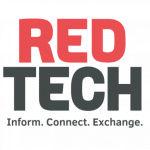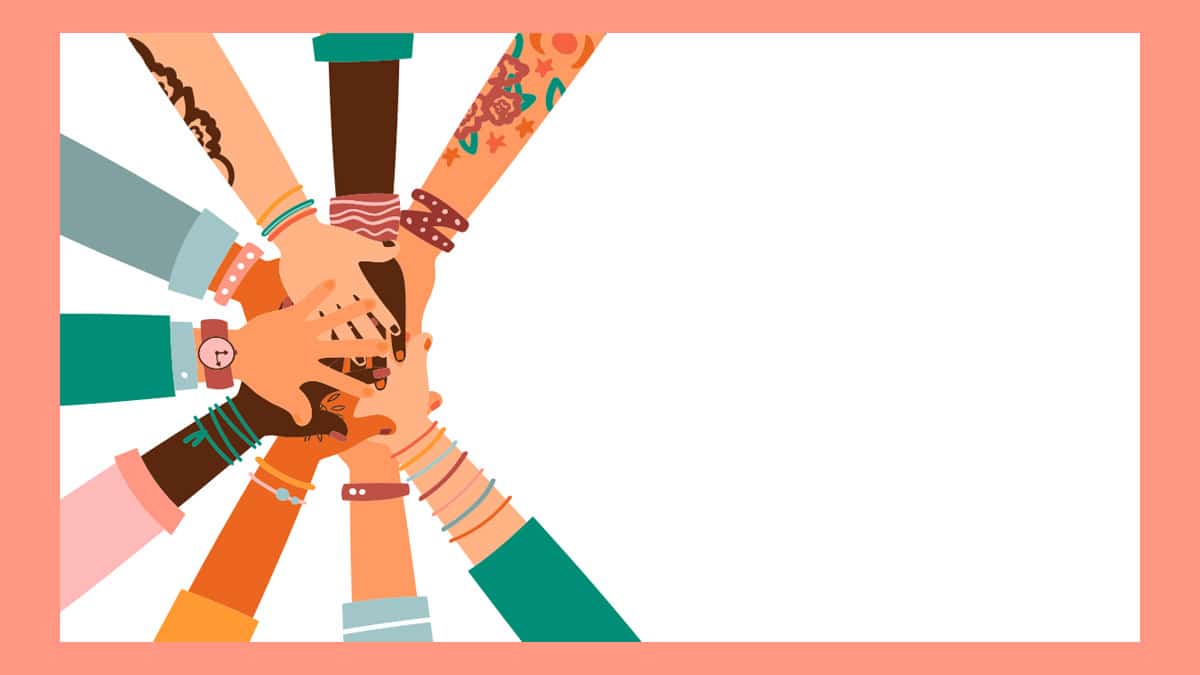LONDON — Running alongside the constant COVID experience of the past year, another narrative has been close to the surface: the extent to which racist attitudes persist in our societies following the murder of George Floyd.
The media industry has a major responsibility in shaping attitudes, both through the variety of opinions aired and the voices heard. It would be interesting to see evidence for the claim made by Nadine Dorries, the United Kingdom’s Culture Secretary, that BBC jobs go to people whose mothers and fathers were employed there.
Having worked there for some decades, this was not my experience at all. Although the BBC responded by noting its high rating in the annual Social Mobility Index, this is not the moment to relax. There is still much work to do.
Given the lack of pictures, radio has a challenge in demonstrating to listeners the diversity of its presenters and interviewees. You can hear different accents, but other characteristics remain inaudible.
Connecting to listeners
Does radio employ the widest range of staff and contributors? Does every community feel confident to contribute to a phone-in? The localness of radio, its roots in towns and regions, and the flourishing community radio sector in many countries, should give it a head start over other media in terms of representation. Community radio in particular should be encouraged and nurtured by the major national players, since it is where the new generation of talent are developing their enthusiasm for the medium, away from the spotlights of high-profile national channels.
The most important way of sustaining the relevance of radio is to ensure that personnel in the frontline genuinely reflect the communities they are serving. This is not just about ”box-ticking” diversity, but about connecting to listeners. Radio has always been a forum for discussion, ideas and debate, providing the soundtrack for our lives.
The most important way of sustaining the relevance of radio is to ensure that personnel in the frontline genuinely reflect the communities they are serving.
Having a range of contributions, offered by people whose life experiences differ from our own, makes radio exciting. Yet, alongside our clear human desire for new experiences and to meet new people is the dark shadow of confirmation bias. Humans tend to welcome and prioritize information that confirms, rather than challenges, our presuppositions. This in itself is not an issue, but it can be if, unchecked, it feeds into decisions about programming content and staff recruitment. If a listener does not recognize themselves in the programming or hear their attitudes reflected, then they’re not going to stay for long.
Some progress
A new report from Ofcom, the U.K.’s media regulator, shows that British radio is making progress around ethnic diversity — media employment is closer to reflecting the population. Encouragingly, this also applies to senior positions. However, the industry is lagging in recruiting people with disabilities and older people.
The concern is — and this needs constant vigilance — that diverse groups are insufficiently represented in senior, decision-making roles. I have concentrated on the U.K. here, since the data is regularly collected and easily available. I would be fascinated to see international data, if readers have this, though I know that many countries do not collect this information. Recalling the old maxim that our targets need to be measurable, I would make a plea for attempting to understand audience diversity, even in countries where these statistics are not normally collected nationally. The health of our societies may depend on this in more ways than one.
What also concerns me, however, are the areas not tracked by the available data, since those can simply be overlooked. One parameter is social exclusion. It would be instructive to examine the jobs held by parents of radio employees to see how these align with the national picture — how many media jobs go to people whose parents were not university-educated? How much talent is lost because organizations insist on traditional form-filling applications?
In the U.K., the Social Mobility Foundation highlights this issue, encouraging companies to reach out widely and adopt techniques to ensure fair selection. And, at last, the importance of cognitive diversity is being recognized, the fact that people absorb information and solve problems in different ways. Research shows that different thinking-styles can make for a high-performing team.
Let’s make sure that the radio industry leverages that trust in the coming months, making sure that our audiences in all their diversity can recognize themselves in the programming we offer.
Of course, this all sounds altruistic — not excluding people, ensuring everyone’s voice is heard. That said, it is also solid business sense for both commercial and public service media. If people do not feel connected to their public service broadcasters, it erodes their willingness to pay a license fee or contribute part of their taxes. For commercial media, failure to reach part of the community weakens their advertising power as demographics change.
Perhaps more than ever, at the end of a second year of COVID, we can see how connecting the widest possible audience to editorially reliable media is not just good business sense. It’s surely also the key to our future health and well-being. Clearly explaining the issues around vaccination, drawing on the informed opinions of scientists, finding compelling ways of getting the message across, is the key to achieving a society in which we all become protected. And in becoming safe ourselves, we are protecting those we work with, our families and friends.
In 2021, once again, radio was shown to be the most trusted medium. Let’s make sure that the radio industry leverages that trust in the coming months, making sure that our audiences in all their diversity can recognize themselves in the programming we offer.
Graham Dixon was head of Radio at the EBU until 2020, and before that managing editor of one of the BBC’s national stations. He currently advises media organizations, such as Radioplayer and the European Digital Radio Alliance.

